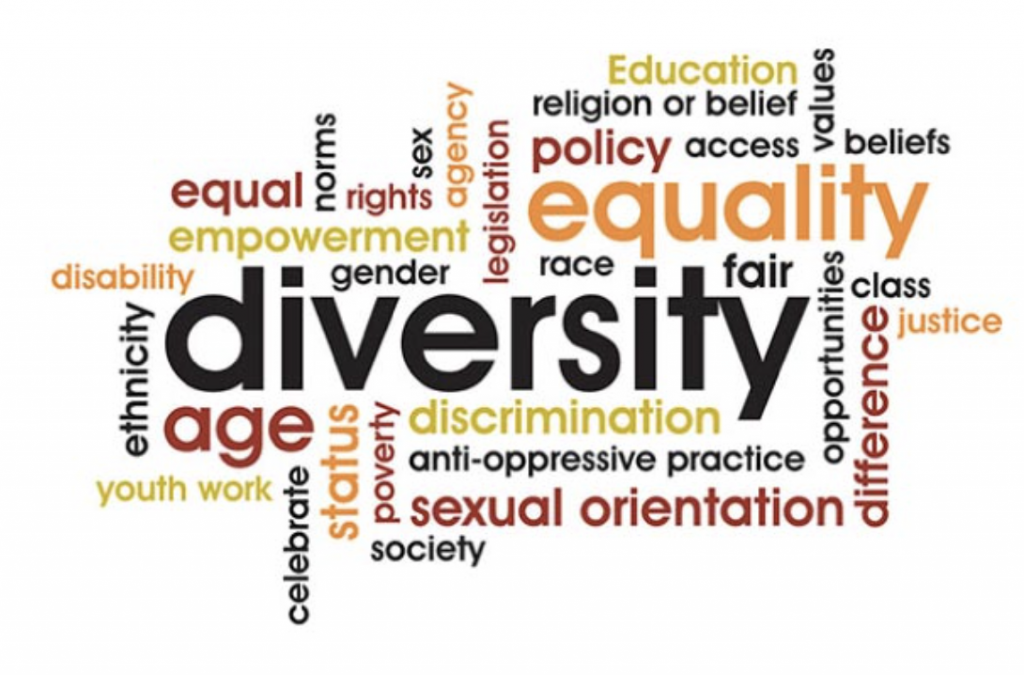
Equality and diversity have long been an issue in the world, and with the BLM movement gaining attention around the world equality and diversity seems a fitting topic of the month. At the moment the news is filled with people challenging racial inequality and helping to gain support for the BLM movement, so the question is what exactly is equality?
“the state of being equal, especially in status, rights, or opportunities”
Many people would say there is still a long way to go before the world will be accessible and inclusive for all, as many people still find barriers when they go about their everyday lives. Inequality may not be something you experience personally, so it may not be at the forefront of your mind, but it’s an issue that’s ever present. It leads to a reflection point for all and you need to decide how you could do your part to help make sure that the world is both an equal and inclusive place.
If you are interested in hearing more about the BLM movement, you can follow the hashtag #blacklivesmatter on Twitter, or find their website at https://blacklivesmatter.com . Alternatively, if you’re interested in researching how it affects those of us in the UK, here are a few articles discussing the movement and how much more there is to do to tackle racism in the UK:
https://www.bbc.co.uk/news/uk-53045349
Equality and diversity will even be featured in your course with us. At the heart of the health and social care sector is our ability to work with people to enable and support them, which wouldn’t be possible without promoting diversity and accepting our differences. In fact, the health and social care sector is so diverse and multicultural that you will need to know how to ensure everyone you meet is treated fairly and equally.
Racism isn’t the only form of inequality to tackle in the UK, there are many other forms out there to be discussed and looked out for – a previous topic of the month discussed women’s equality, another ageism. These are just a few examples of protected characteristics that are mentioned in the Equality Act 2010 – a big act which will come up in your readings with us too – do you think you could list all of the protected characteristics in this piece of legislation?
Overall, equality and diversity is such a large topic that there can be so much to talk about, a few discussion points to have a think on:
- What does equality and diversity mean to you?
- Do you think there have been positive changes made recently regarding inequality in the UK?
- Do you think there is anything you could do to help promote equality and diversity in everyday life?
- Can you list some examples of how you can ensure everyone is treated fairly and equally when working in health and social care?